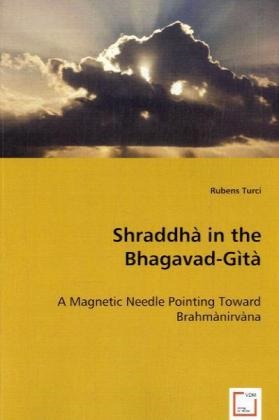Description
Product details
| Authors | Rubens Turci |
| Publisher | VDM Verlag Dr. Müller |
| Languages | English |
| Product format | Paperback / Softback |
| Released | 15.07.2008 |
| EAN | 9783639047035 |
| ISBN | 978-3-639-04703-5 |
| No. of pages | 312 |
| Dimensions | 150 mm x 19 mm x 220 mm |
| Weight | 481 g |
| Subjects |
Humanities, art, music
> Philosophy
> Eastern philosophy
Non-fiction book > Philosophy, religion > Other world religions |
Customer reviews
No reviews have been written for this item yet. Write the first review and be helpful to other users when they decide on a purchase.
Write a review
Thumbs up or thumbs down? Write your own review.

